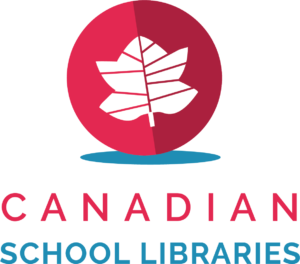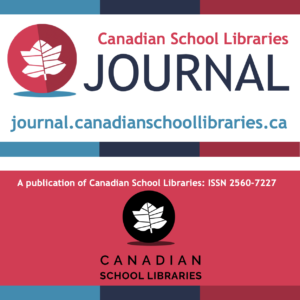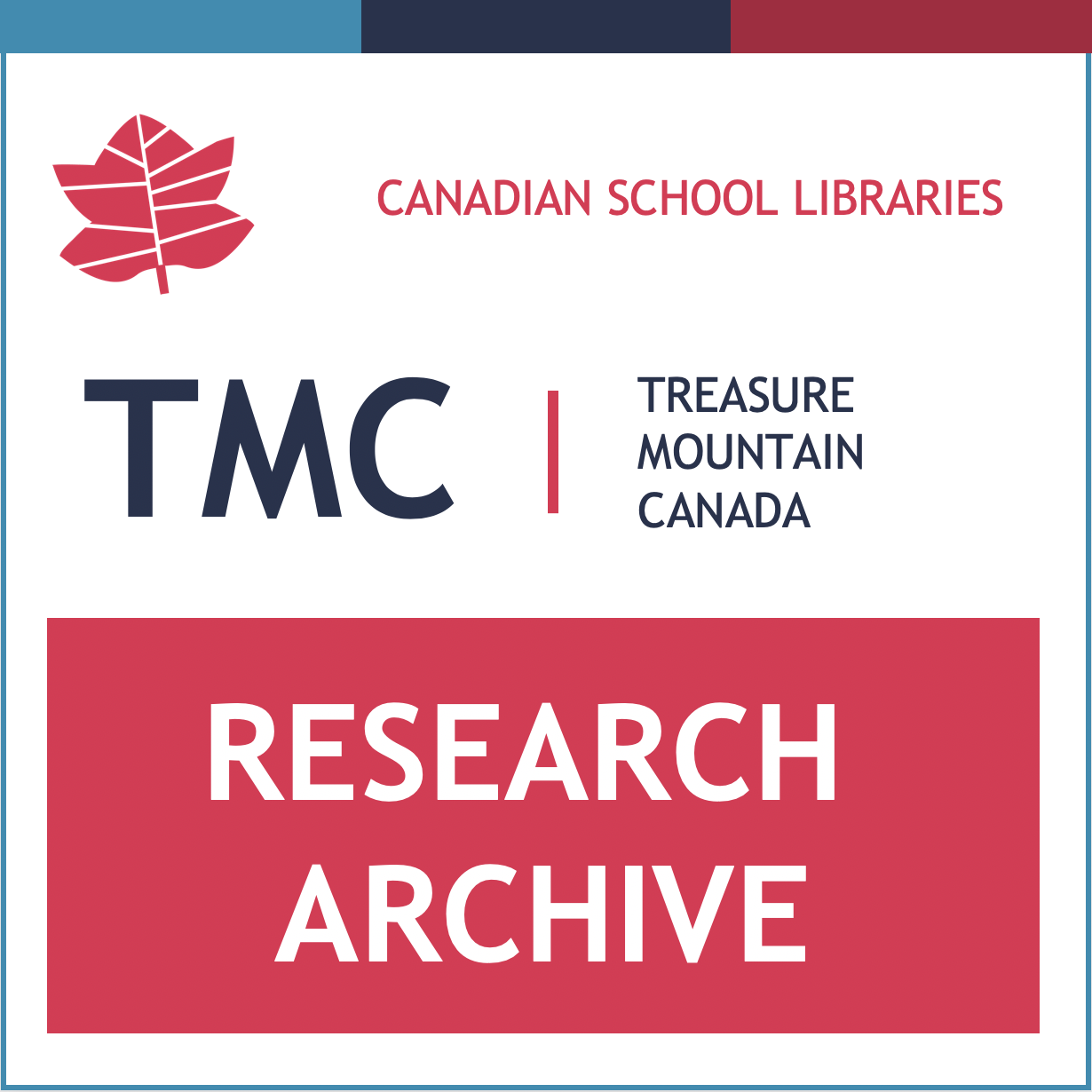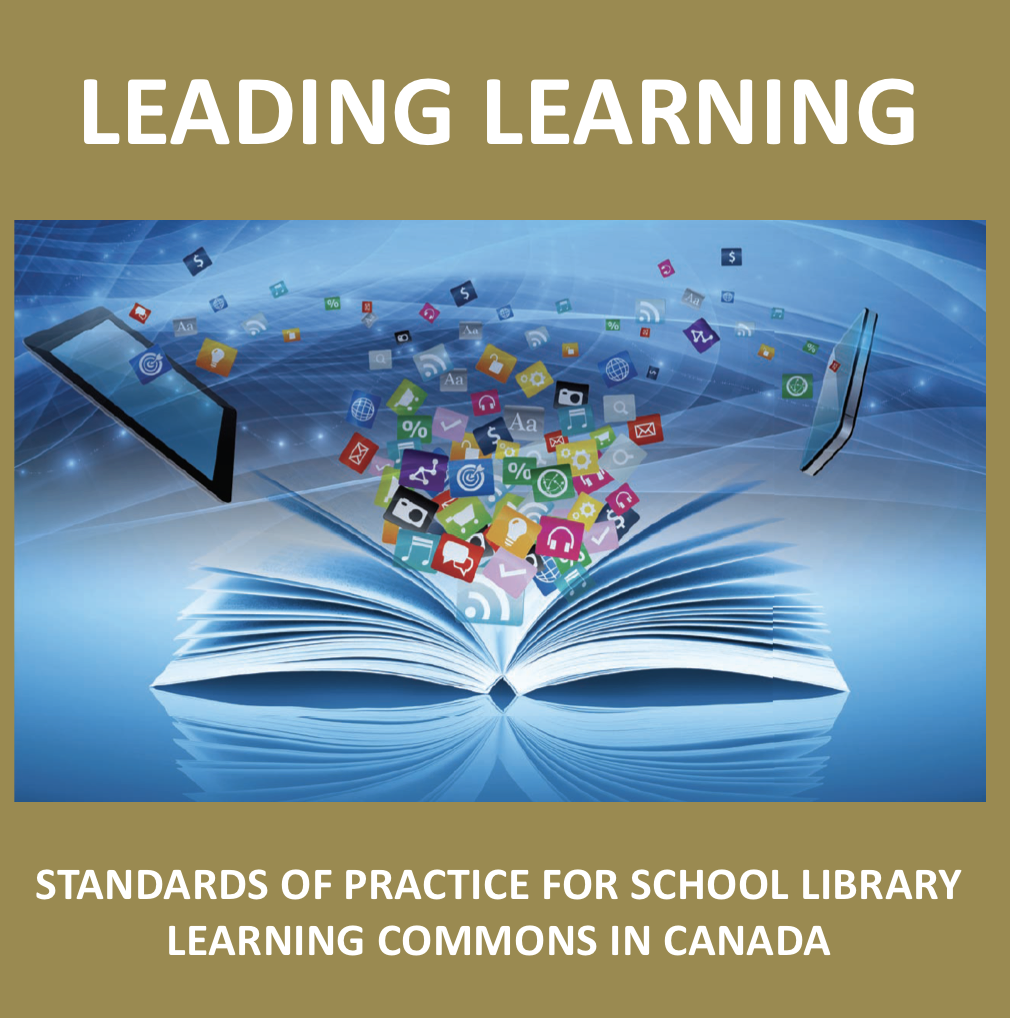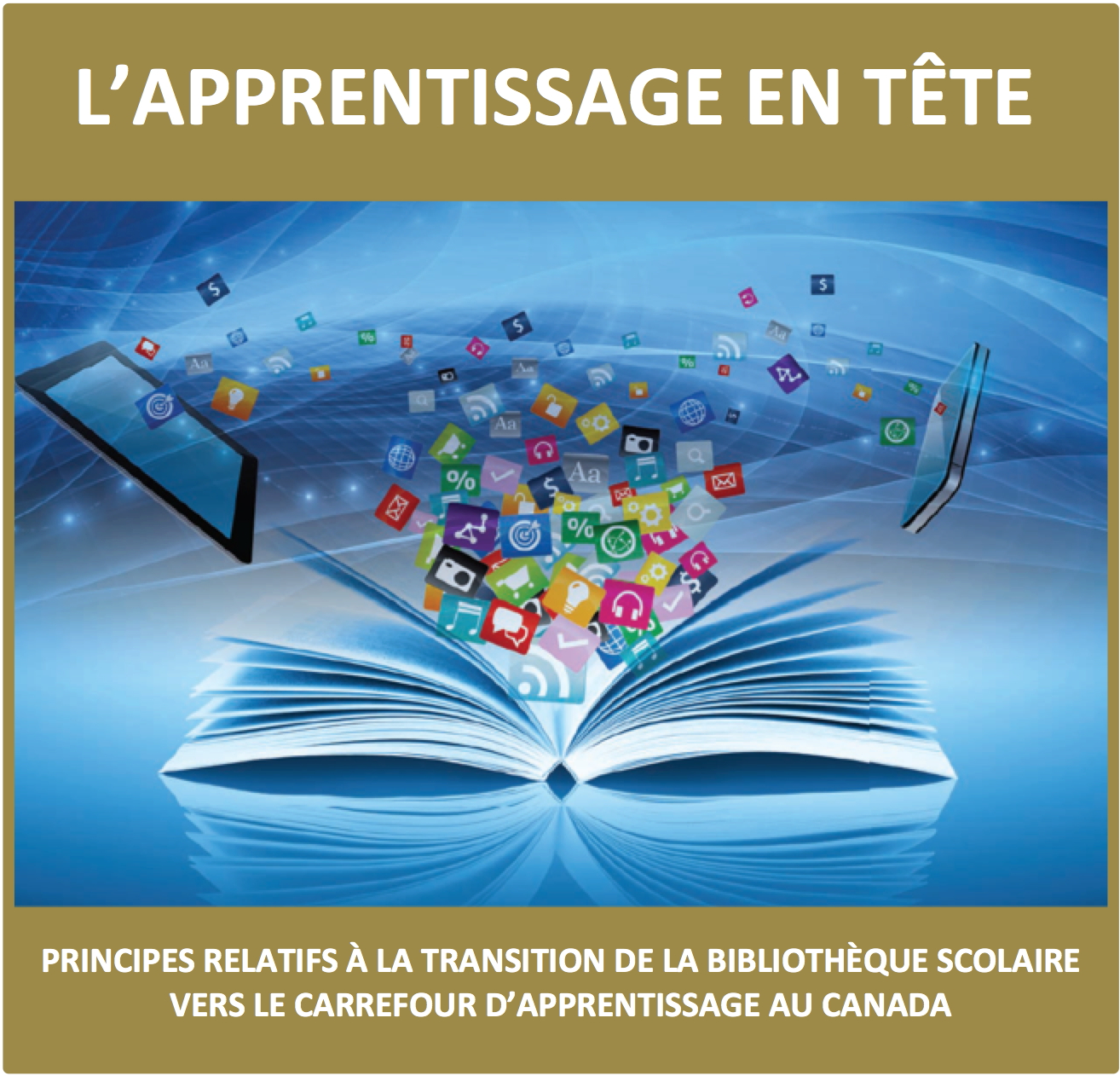(Originally posted January 18, 2011 on Blogger)
In my last post I chastised Wikipediphobics and encouraged them to learn about this most popular reference source and to teach their students how to use it properly. This time I’ll take a gentle swipe at Wikipevangelists – those who swear by Wikipedia and rarely explore any further. It’s not that Wikipevangelists are champions of Wikipedia that irks me, it’s when they fool themselves into thinking that they need go no further and pass that attitude on to their students.
Wikipedia is a reference source. Like any other encyclopedia it deals in the facts and figures and the neutral view. That’s fine when you’re getting your head around a new topic and exploring your options for further inquiry. When delving into topics more deeply we need to explore expert opinion, current research, and varying points of view.
If quick reference is all you need, then stick to reference sources. Wikipedia is the best for many topics. But if we are engaging in true inquiry and research, and especially if we are teaching the skills of critical inquiry to our students, we need to delve far deeper into the complex world of information. It’s a messy business! There’s a lot of information to sort through, assess and make sense of. And there are many different takes on any topic. True research isn’t about gathering infobits, it’s about formulating an opinion, but one based on true knowledge – the by-product of deep exploration into the messy world of information.
Comments from Original Blogger Post
kstenhouse wrote: Anita, thanks for sharing these two posts. Working together, they provide a nicely balanced view of Wikipedia. My niece and nephew (grades 9 and 11) told me at Christmas that their teachers told them Wikipedia was “wrong” and “bad”. I explained my view, which I am thrilled to say is exactly what you presented. In the manner of teenagers, they did not believe me because their many teachers have been very persuasive. I hope to be able to talk with them further, and now reading what you wrote, I feel much more confident presenting my views.
McPhailMaverickTL wrote: Anita, I loved those “paired posts”. I have to confess that a few years ago, I used to “warn” kids about Wikipedia, but after watching my PhD ABD hubby use it effectively and reading the different news reports on the comparative accuracy of Wikipedia vs “traditional” reference sources, I’m happy to report that I’ve altered my stance. My new mantra is “triangulation” – sure, go to Wikipedia, especially for a “taste” of something, but make sure you check out two other sources as well. It’s so much easier to say “it’s bad” or “it’s good” – keep sharing with us those tips on how to provide balance.
Anita Brooks Kirkland wrote: Thanks to both of you for your comments. I love the idea of triangulation! Great research mantra!





